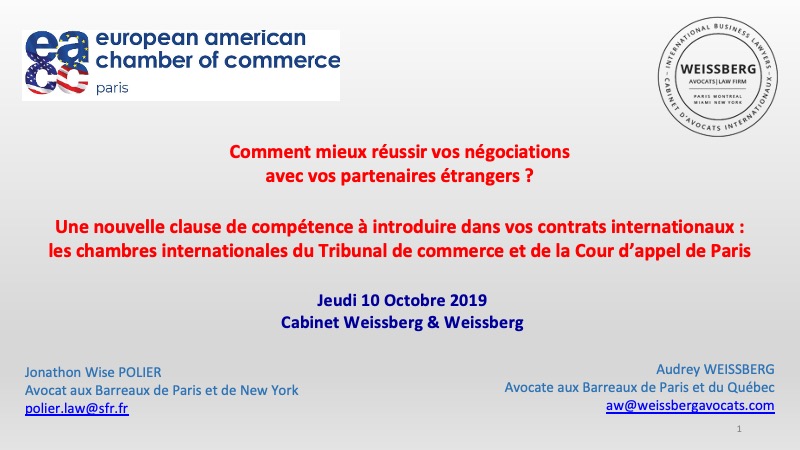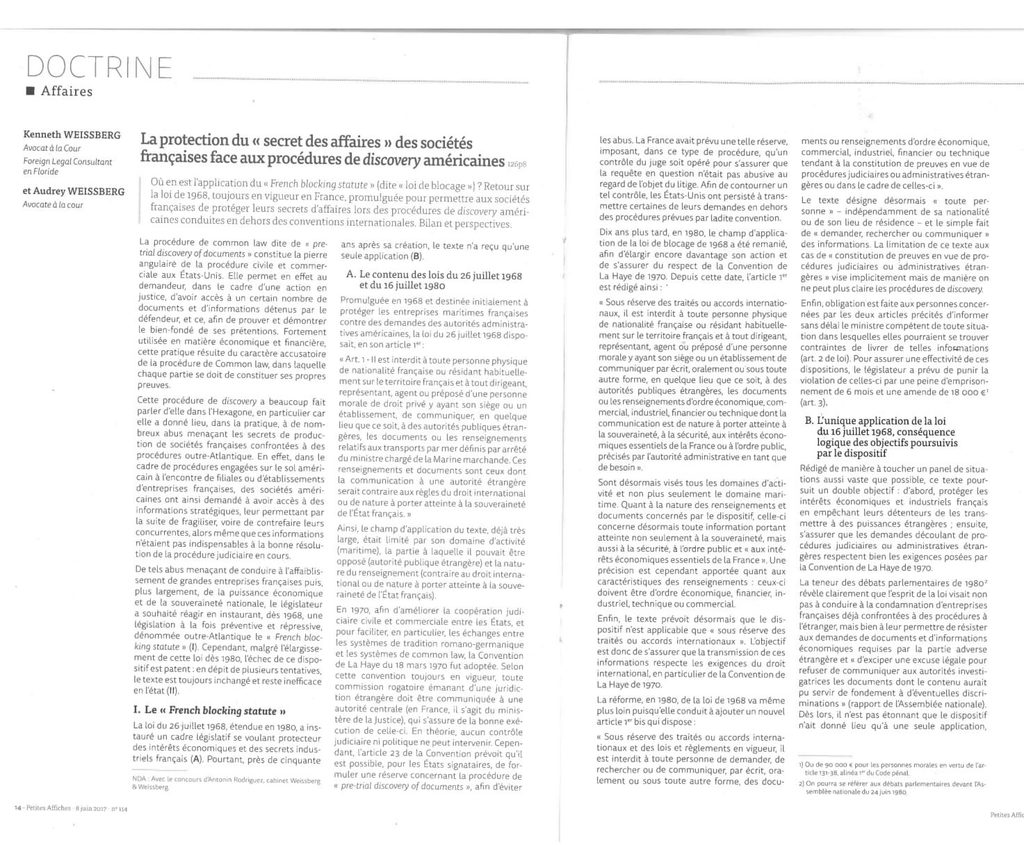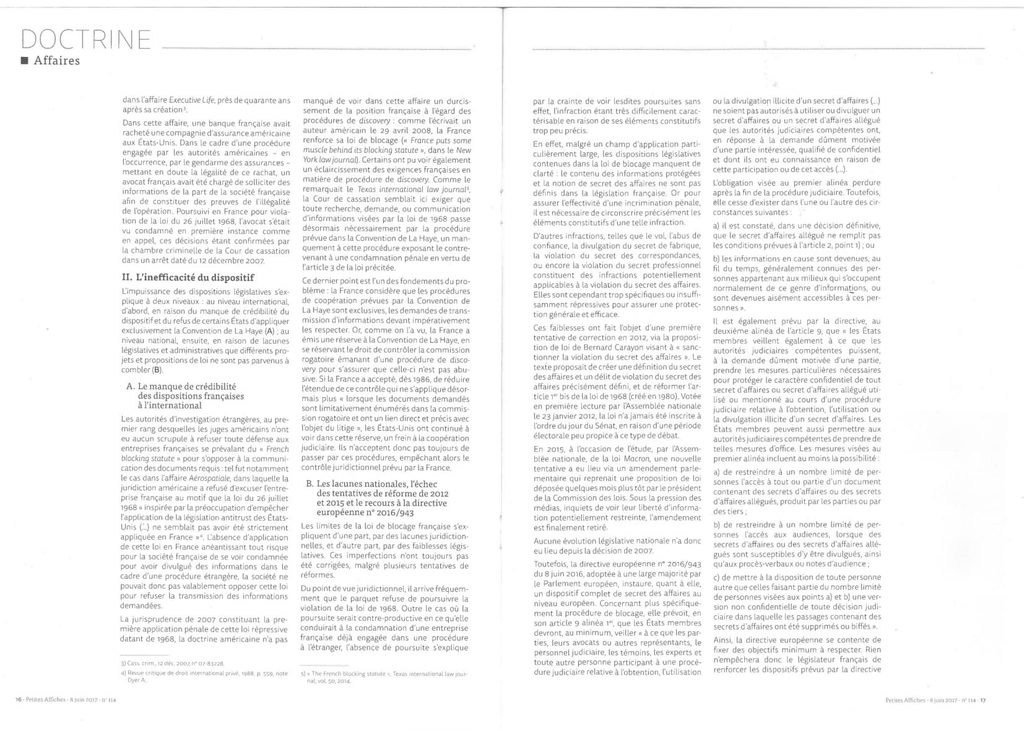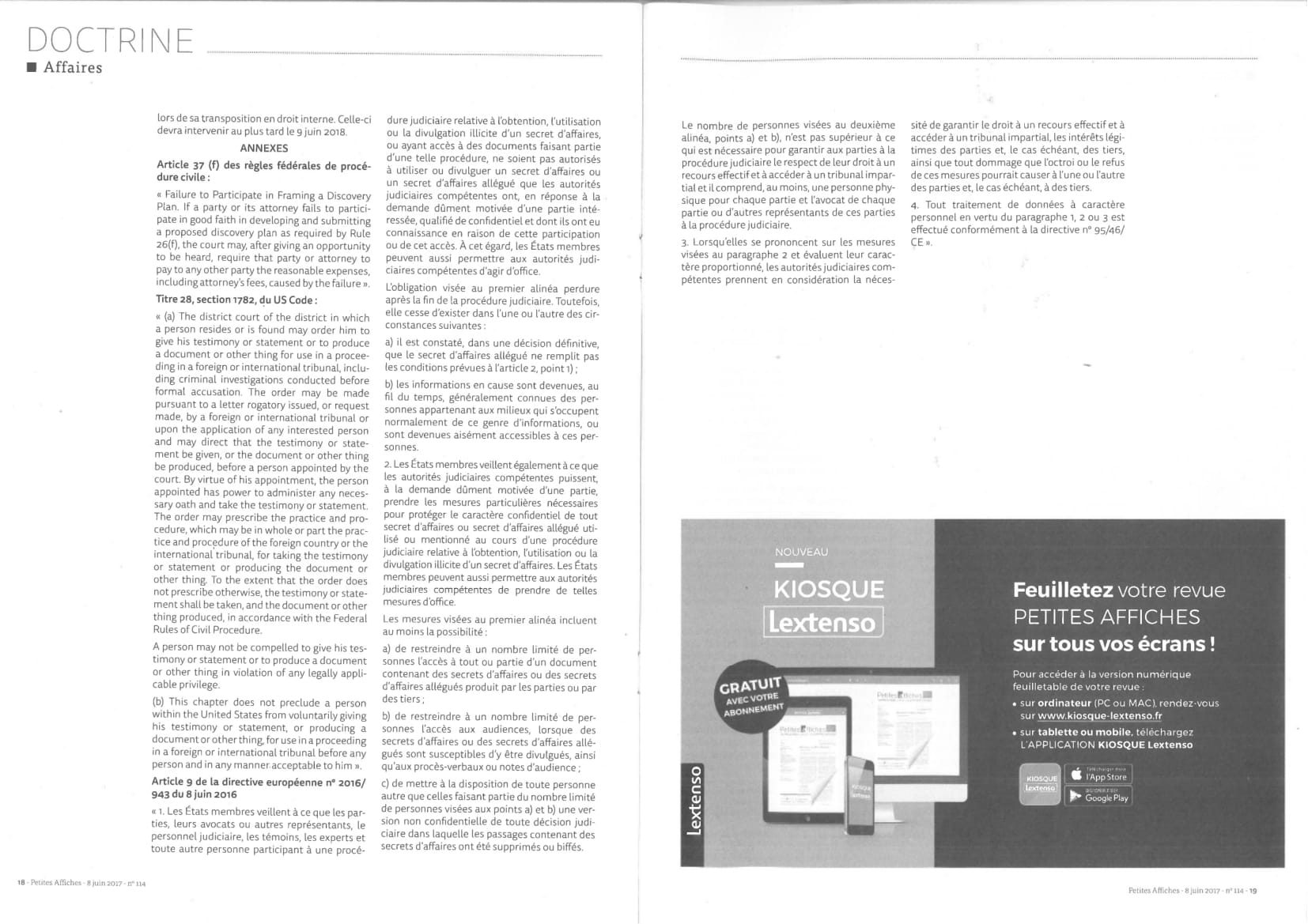Exceptional measures taken in France to face the Covid-19 crisis (En)
A new law was just voted on April 23, 2020 to broaden and strengthen the measures taken by the French Government since March 23, 2020 which instated a new national legal state of health emergency to shield the French population and economy from the current global COVID-19 virus pandemic.
Here after you will find a recap and update of the most important measures regarding public administrative services, companies’ economic activity and various aspects of our social and economic activities.

Exceptional measures to support companies
(Orders n°2020-316, -317, -318, -319, -321, LFR-bis)
These loans are one-year cash flow loans that can cover up to 3 months of the firm’s yearly revenue, for which the French State will be guarantor up to 90% at a very low interest rate.
All companies will benefit from an extension of the deadline to publish their accounts but also from flexibility measures to organize general assemblies via videoconference or mail.
Regarding companies that currently are under contract with the State or those that are about to apply for a public tender during the state of emergency, deadlines and rules related to transitions and execution of public contracts will be more flexible.
Some exceptional measures were tailored for companies which employ less than 10 people, have a turnover below 1 million euros and have had to close their business to the public or suffered from a loss of at least 50% of their revenue.
They can suspend payment of their rents, electricity, gas and water supplies invoices without incurring penalties and late interests.
They will not expose themselves to cut-offs.
The French government has also created an emergency fund: the abovementioned enterprises will be able to request the payment of a non-taxable 1500 euros assistance.
This financial assistance can be increased to 3 500 euros in some situations.
These allowances will be exempted from corporate taxes, income taxes and all social contributions levies.
For small and medium-sized companies that are being refused loans guaranteed by the State, the government also decided to create a “refundable allowance”.
For very small enterprises that are being refused a State-guaranteed loan, the government created a complementary mechanism with equity loans.
The specific criteria to determine which companies are eligible will later be determined by way of a decree.
Regarding enterprises that were already in difficulty before the outburst of the pandemic, the most recent measures have made a step towards more inclusion towards some of them.
Typically excluded from the assistance measures, companies which were not in difficulty before December 31, 2019 but that have since been placed under safeguard procedure will be able to benefit from the State guarantee on loans.
Finally, the State has taken special measures in order to support strategic companies.
The government will allow State capital increases and even temporary nationalisations up to 20 billion euros for around 20 companies (especially in the aeronautics and automotive sectors).

Exceptional measures to maintain essential judicial activities and suspend non-essential activities
(Orders n°2020-303, -304,-305)
Each jurisdiction has published its own plan of activity for the next weeks.
All non-essential proceedings are suspended until further notice and courts’ public administration services are physically closed.
The following activities are considered essential and to be maintained:
* For civil cases:
– Emergency proceedings and protection for weak individuals are maintained.
– All other civil cases are postponed.
* For criminal proceedings:
– Emergency urgent criminal proceedings,
– proceedings related to temporary imprisonment and restrictions of liberty,
– urgent educative measures for minors,
– and also urgent hearings in front of the family judge such as domestic violence are maintained.

The suspension of all administrative & judicial deadlines
(Order n°2020-306)
Therefore, under the current situation, deadlines above mentioned will be extended until August 24, 2020 when the initial term was two months or more.
When the administrative or judicial term is under two months, said term will start running again at the end of the protected period (i.e. June 24, 2020 for now) and expire within its initial period.
For example, if a judicial action had to be filed within one month by May 10, 2020 at the latest, then the one month term will start again on June 24, 2020 and expire on July 24, 2020.
These provisions only concern most deadlines imposed by law or by regulations (not by contracts).
They do not apply to:
* withdrawal periods, such as the 10 days withdrawal period which benefits to the buyer of real estate.
* tax declarations
Regarding tax declarations:
* Companies can file their tax declaration by June 30, 2020
* Non-residents individuals can file their declarations by June 4th, 2020.
More flexibility for labour law
(Orders n°2020-322; -323; -324; -385)
During the period of the state of emergency, employers will be able to impose or modify dates of paid leave through a branch or enterprise agreement with staff representatives.
The orders have extended the domain of additional allowance due by the employer in case of sick leave of employees.
The government also leaves open the possibility to deviate from mandatory rules regarding the maximum duration of weekly work and of weekly rest, subject to the adoption of a decree and only regarding essential sectors for the continuity of social and economic life of the nation.
The eligibility to most social rights (unemployment allowance, disability allowances, welfare minimal income, State medical aid, etc.) will be extended without the mandatory standard re-evaluation.

Extension of all resident permits in France
(Order n° 2020-328)
Resident permits that were to be expired between March 16, 2020 and May 15, 2020 are to be extended for a period of 90 days.
This extension concerns:
* temporary resident cards (1 year),
* pluriannual resident cards,
* long-term resident cards and long-term visas (of 1-year max.). It is also applicable to the temporary documents such as temporary authorizations of stay in France.
It is also applicable to the temporary documents such as temporary authorizations of stay in France.
It is also important to note that since March 17, 2020 border controls have been reactivated in France and that all non-French nationals or resident who do not show an imperative reason to enter French territory will be refused to cross French borders.
Imperative reasons should include in our opinion:
* medical surgery
* children custody
* french court orders.
A visit to France by non-citizens and non-residents should therefore be very carefully planned and documented.
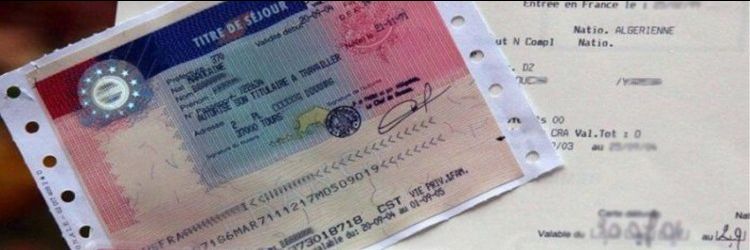
Conclusion
The government also created the possibility for employers to giver a non-taxable premium to employees who are still working during the crisis.
Don’t hesitate to contact us for more information: paris@weissbergavocats.com

By Kenneth Weissberg & Audrey Weissberg
